
Knowledge Exchange Blog
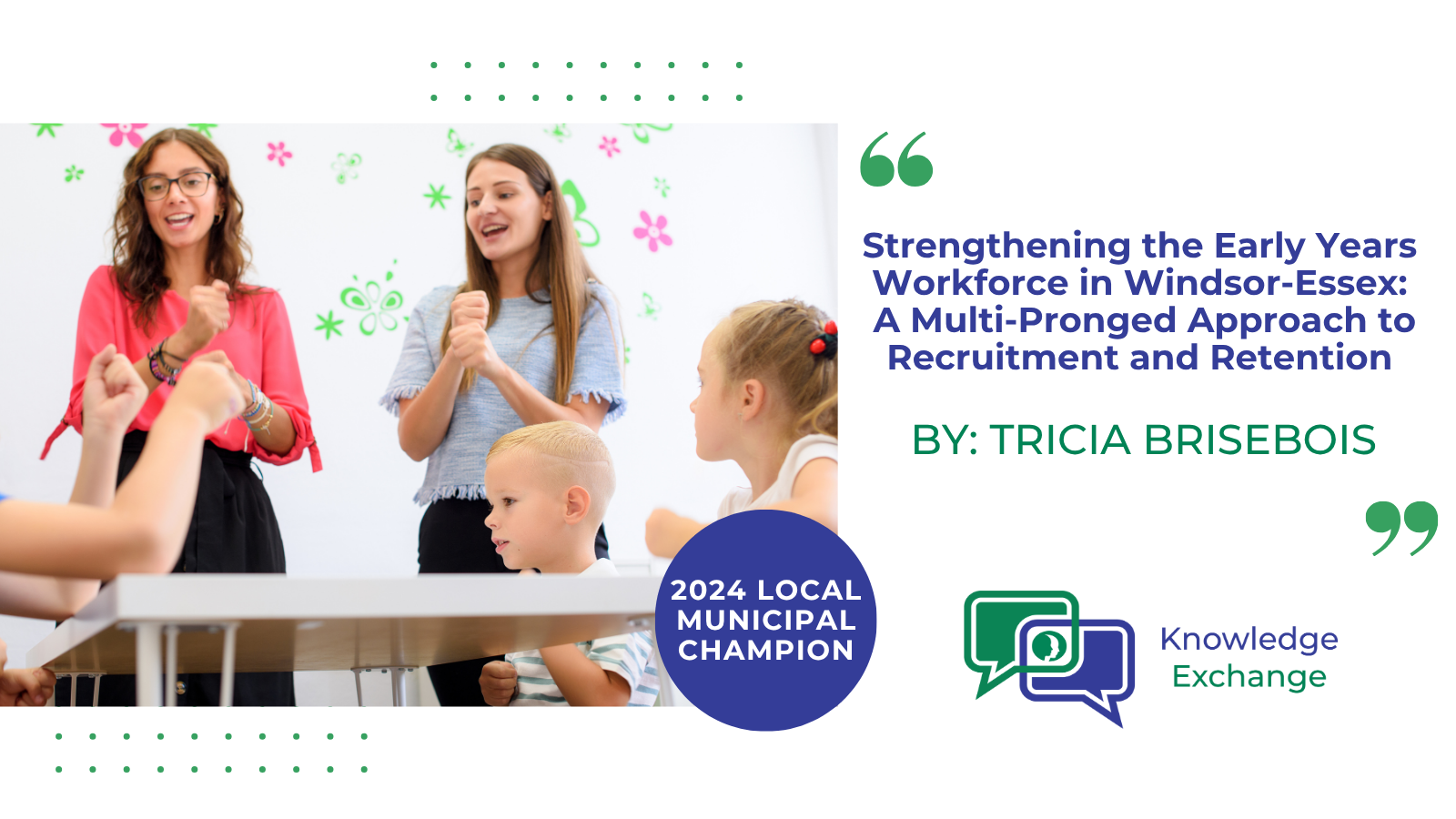
Strengthening the Early Years Workforce in Windsor-Essex: A Multi-Pronged Approach to Recruitment and Retention
OMSSA is featuring several 2024 Local Municipal Champion award recipients and their work in the Knowledge Exchange Blog. Please read this entry from the City of Windsor.
Across Ontario, the recruitment and retention of high-quality professionals in the child care and early years sector has become a challenge. Since 2022, the province has taken important steps to address this issue by funding locally developed community initiatives aimed at sustaining the current workforce, improving access to professional development, and attracting new recruits to the field. In Windsor-Essex, we embraced this opportunity by implementing a comprehensive, community-driven strategy designed to achieve long-term impact and meet the evolving needs of our region.
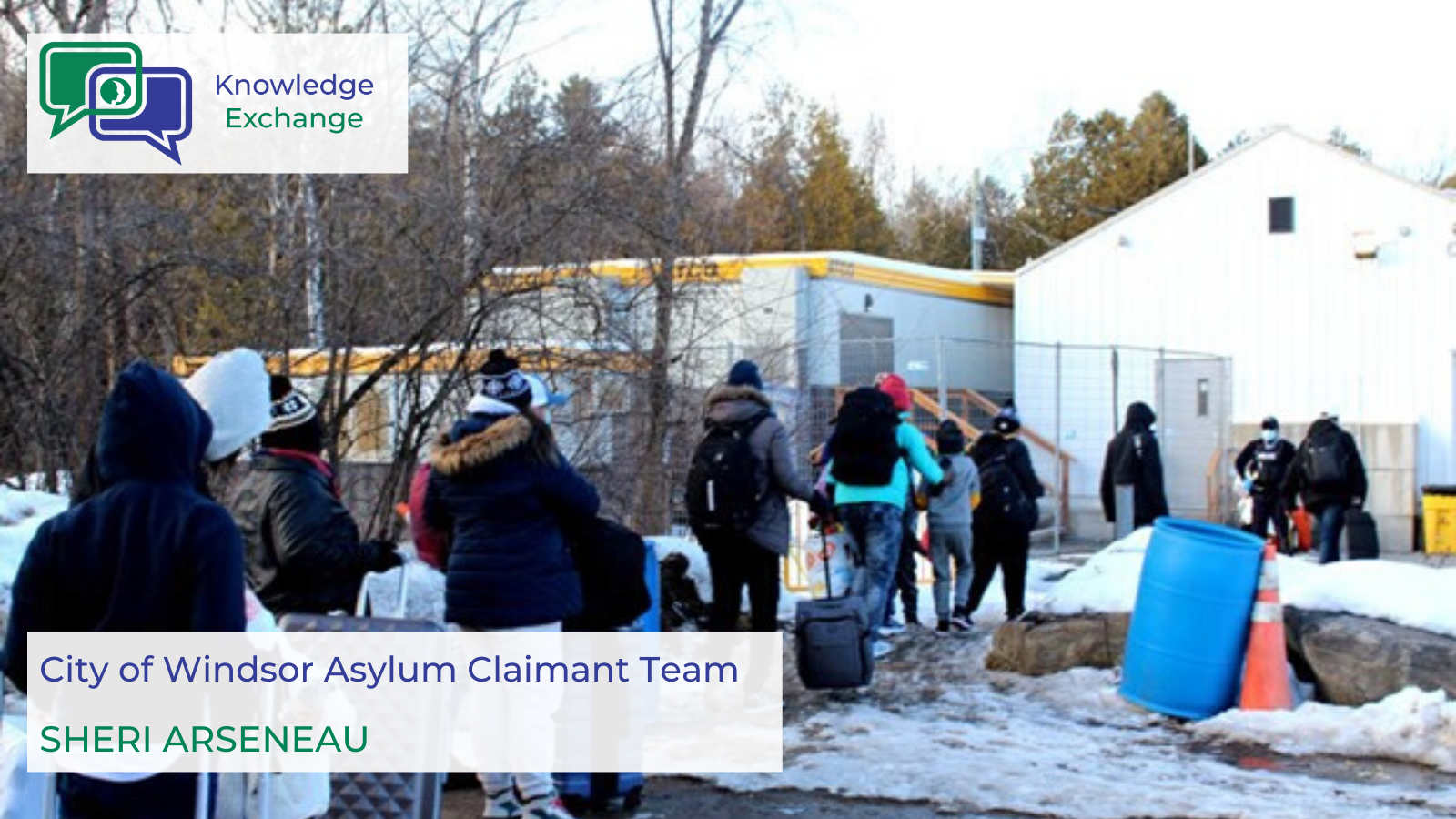
City of Windsor Asylum Claimant Team
OMSSA is featuring several 2023 Local Municipal Champion award recipients and their work in the Knowledge Exchange Blog. Please read this entry from the City of Windsor.
Roxham Road is bisected by the Canada-U.S. Border between Quebec and New York. It sits about 50 km south of Montreal. The road is a well-travelled unofficial border crossing for asylum seekers hoping to enter Canada. Due to the volume of claimants arriving in Quebec, It was not long until Quebec shelters were full. Immigration, Refugees and Citizenship Canada (IRCC) stepped in and rented hotels in Quebec to accommodate the asylum seekers. The hotels rented in Quebec by IRCC quickly filled. They had to expand their hotel operations outside of Quebec. IRCC transferred asylum claimants via charter bus to multiple municipalities across Ontario for temporary hotel accommodations. Windsor first welcomed the asylum seekers crossing at Roxham Road in January 2023. Learn more about the team that helped asylum seekers as they arrived in Windsor.

An Interview with Fern Dominelli
Fern Dominelli is currently the Executive Director for the Northern Ontario Service Deliverers Association (NOSDA). He retired as CAO of the Manitoulin-Sudbury District Services Board in August 2022. Fern started with the Manitoulin-Sudbury DSB as a Program Manager in August 2000 and then became Chief Administrative Officer in 2009. Prior to his work with the Manitoulin-Sudbury DSB, he was with the Ministry of Community & Social Services for 18 years. He is also one of the recipients of the 2023 OMSSA Patti Moore Human Services Integration Award. OMSSA sat down with Fern for an interview to discuss his work and experiences over his career within the Manitoulin-Sudbury DSSAB and NOSDA, and various human services topics.
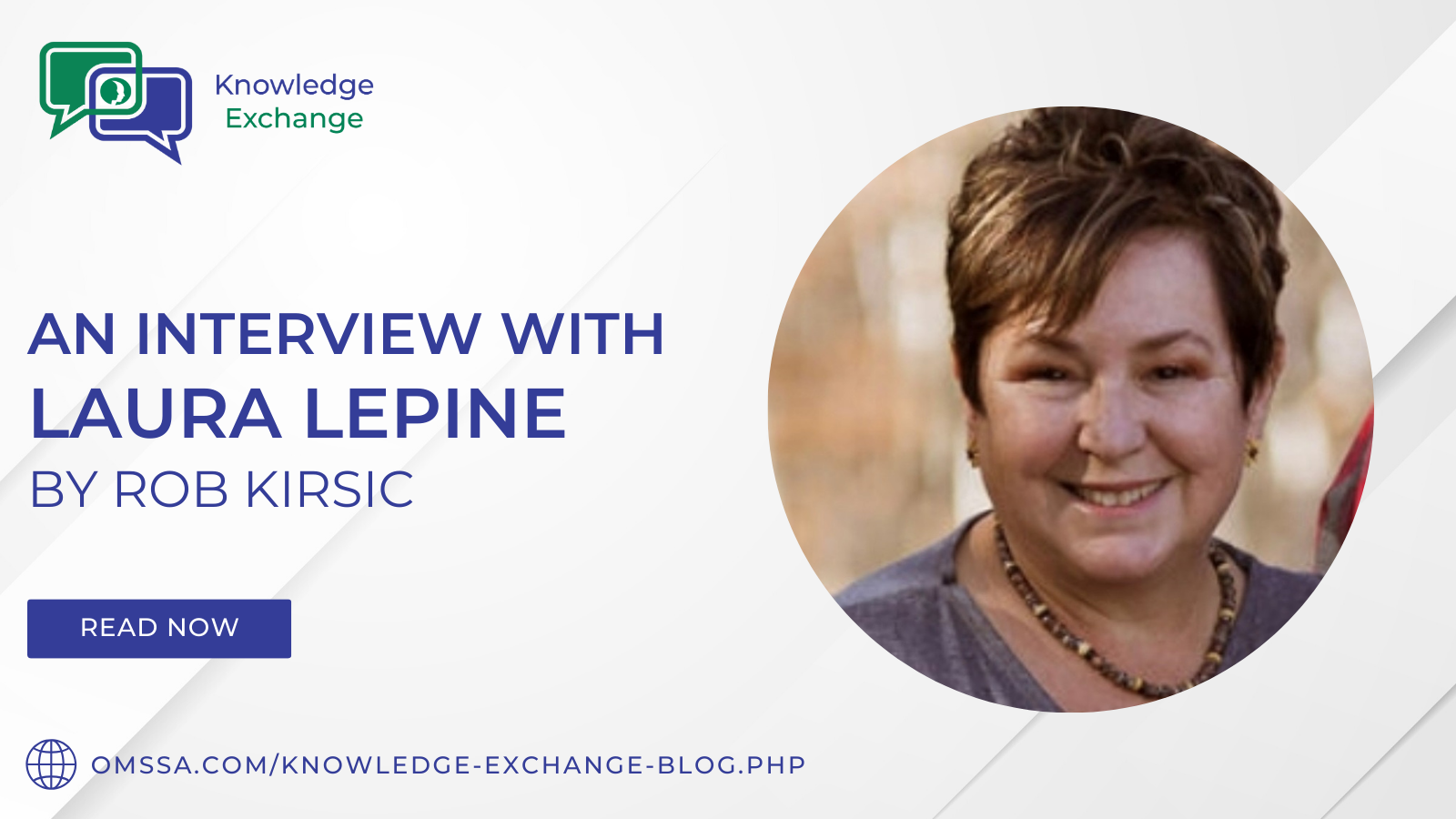
An Interview with Laura LePine
Laura LePine is the Director of Community Services with the County of Renfrew. Passionate about people and services, Laura has been a strong voice for those in need. Removing barriers and creating easy spaces for people to feel comfortable and valued is what she is known for in her work and in her community. Ensuring that the residents have a clear pathway to services, and staff feel valued in the work they do, has been the focus of her work throughout her career. She is a no-nonsense kind of person who speaks clearly and without hesitation when it comes to any form of advocacy. She is also one of the recipients of the 2023 OMSSA Patti Moore Human Services Integration Award. OMSSA sat down with Laura for an interview to discuss her work and experiences over her career within the County of Renfrew and various human services topics.

Highlights from OMSSA’s 2023 Virtual Forum
OMSSA’s Forum was held virtually over two mornings on September 26 and 27. This year we were joined by 363 participants from all over the province, including 38 Member and 15 Non-Member organizations. With the format of this event being virtual we were able to feature a variety of speakers from New Zealand, Sweden, Norway, Belgium, Wales, Scotland, Washington, Texas, Northwest Territories, British Columbia, and Alberta. Hearing from these perspectives it was clear that many jurisdictions are facing challenges similar to what OMSSA Members are facing on a day-to-day basis. In developing a conference drawing on speakers from outside Ontario, our goal was to create sessions where attendees could learn about unique approaches and solutions that can inform and corroborate the work being done by CMSMs and DSSABs.

A Big Step from a Small Community
On December 14, 2022, Lanark County Council unanimously passed the motion [declaring Intimate Partner Violence an epidemic], and they made three amendments that improved the motion. They amended the motion to add that they would share the declaration with all 444 municipalities across Ontario, that they would share the declaration they made with AMO and ROMA, and that they would share their declaration with any, and all federal and provincial ministers and ministries that I thought were important. It was the best experience of a friendly amendment I have ever experienced in my career. Erin Lee, Executive Director of the Lanark County Interval House and Community Support, talks about the efforts to recognize Intimate Partner Violence as an epidemic in Ontario.

Celebrating Urban Indigenous Housing Solutions as part of National Truth and Reconciliation Day
Ontario is estimated to have a shortage of approximately 22,000 deeply affordable urban and rural Indigenous community housing units. The Ontario Federation of Indigenous Friendship Centres (OFIFC) is dedicated to working with partners to deliver housing solutions in communities across Ontario that close that deficit and deliver tangible reconciliation commitments. But often, these innovative housing solutions face pushback and are labeled as controversial, often because of stereotypes and subconscious bias against Indigenous people that exist in many communities. Suze Morrison for OFIFC discusses how achieving true Reconciliation requires a joint effort from stakeholders, community members, and government at all levels.

How Can the Social Services Sector Help End Hunger?
Food banks and municipal social services share the same goal: supporting vulnerable Ontarians to live a life of dignity. Each September, Feed Ontario and their network of food banks take part in Hunger Action Month, encouraging everyone in the province to do their part to end food insecurity in Ontario. With the dramatic rise in food bank use over the last few years, the need for action on hunger and poverty is more urgent than ever. Ashley Quan for Feed Ontario explains how OMSSA Members have a vital role to play in this fight.
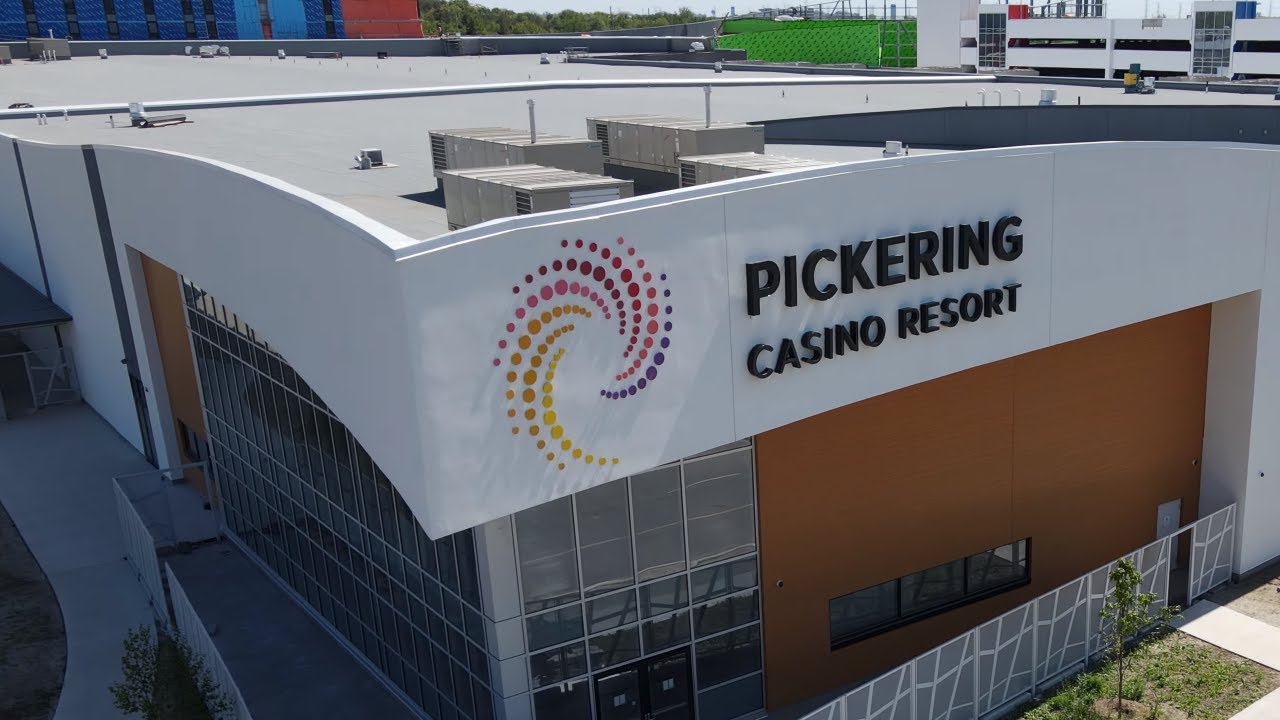
Pickering Shares Casino Revenue with Durham Region to Address Shared Goals
The City of Pickering is the host community (those with gaming facilities located in their communities) for their new casino and is a municipality located within the Region of Durham. As the upper-tier municipal government, Durham is responsible for providing social housing, transit, policing, and other services to residents across the Region. Pickering is the first and only host community in Ontario to voluntarily share its revenues with another municipality and/or regional government. Together, the City and Region hope this revenue will help to meaningfully address their shared goals including more affordable housing and enhanced social services in the community.

Urban Indigenous Children Deserve Equal Access to Child Care
Indigenous children thrive when they are proud of who they are and have access to their culture. But Indigenous children living in cities don’t currently have equal access to child care that meets those important cultural needs. Of the approximately 473,000 child care spaces currently in Ontario, 12,000 of those would need to be dedicated to urban Indigenous children to equitably match the population need. Currently, only about 2,000 spaces are in urban Indigenous child care sites – representing a staggering shortfall of nearly 10,000 spaces. With unprecedented federal investments being made through the Canada-wide Early Learning and Child Care (CWELCC) funding, we have a once-in-a-generation opportunity to right these inequities and invest in Indigenous children. Suze Morrison, Chief Engagement Officer for the Ontario Federation of Indigenous Friendship Centres (OFIFC) explains how OMSSA Members can assist.
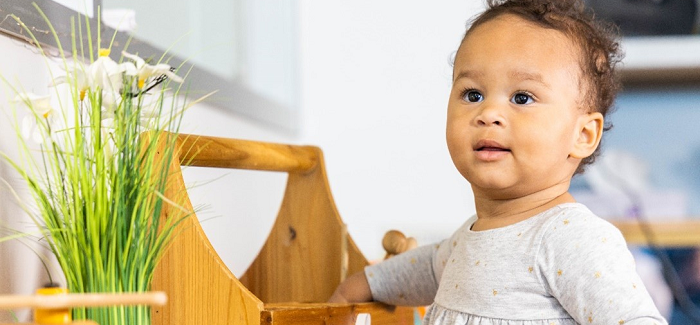
Building Partnerships and Innovative Programs to Expand EarlyON Child and Family Programs
Before the pandemic, York Region organized a “Think Tank session” with EarlyON agencies to evaluate current outdoor programming. They also recognized that their EarlyON educators, who were trained in Early Childhood Education (ECE), often did not have outdoor education or Indigenous cultural training to make the necessary changes to the curriculum development for outdoor program delivery. To address these concerns, the Region sought the advice of outdoor education and Indigenous worldview experts to help develop a new four-season outdoor program. Then, they partnered with the Toronto and Region Conservation Authority to support training and curriculum development, leading to the creation of the Walking Together Through the Four Seasons collaborative initiative. Kathy Lucky, the Manager of EarlyON Programs with York Region, explains how this program was developed to benefit the community.

